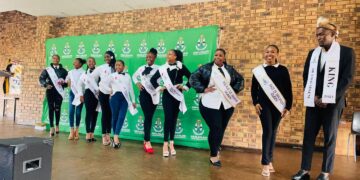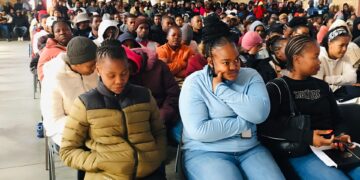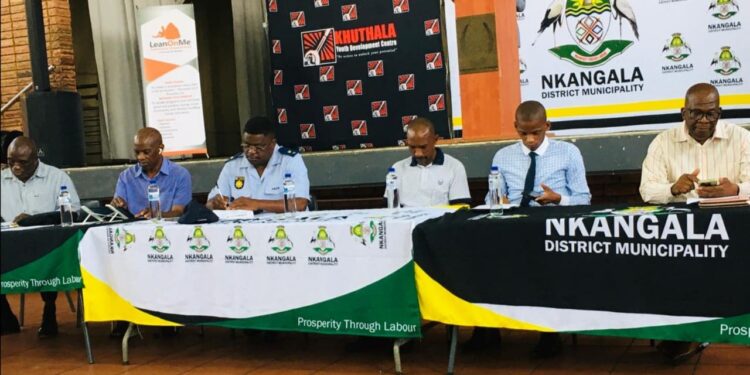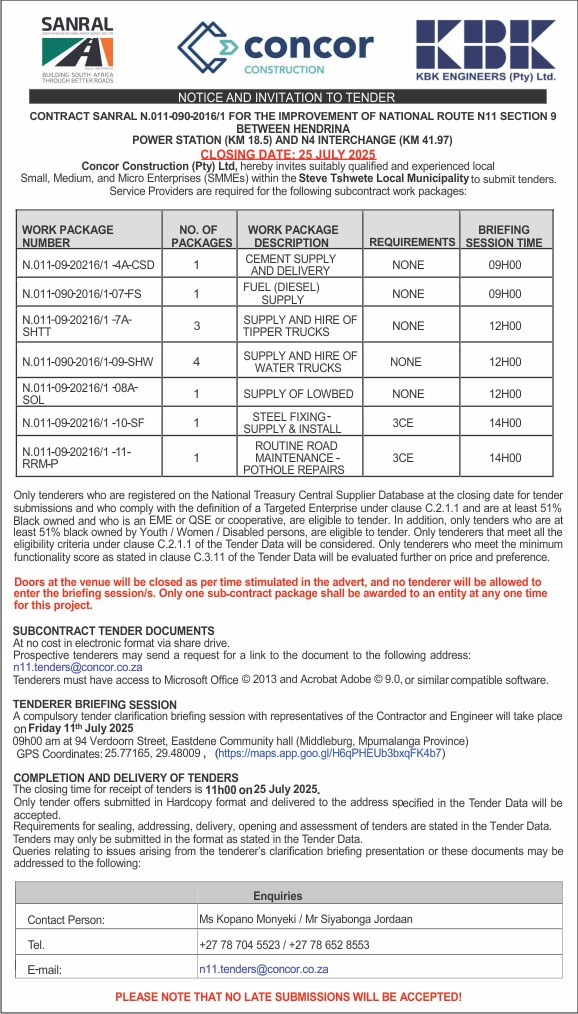MIDDELBURG – Nkangala District Municipality, in collaboration with the #MenCanDoBetter awareness campaign, hosted a groundbreaking event focused on men’s empowerment and responsibility on March 26, 2025.
The event brought together representatives from Lean on Me NPO, the Department of Social Development, civil society, and the South African Police Service, all of whom shared messages of support and guidance.
#MenCanDoBetter was founded in 2021 and officially registered in 2022 to counter negative stereotypes about men, such as the #MenAreTrash narrative, and to promote positive masculinity and accountability.
Project manager Wisdom Masango emphasised that instead of focusing on criticism, the campaign encourages men to take responsibility, become role models, and drive change in their communities.
Through social media, public platforms, and community engagement, the initiative seeks to reshape societal perceptions of men, guided by the belief that “better men create a better society.”
The campaign tackles pressing social challenges in Nkangala District, including gender-based violence (GBV), youth behavioural change, substance abuse, mental health awareness, and sexual health education. It works with men, women, children, and civil society to address the root causes of GBV using an action-based approach.
School tour programmes play a vital role in addressing issues such as toxic masculinity, peer pressure, and respect for women.
The initiative draws inspiration from the African proverb “Ligotshwa lisemanzi”—meaning that change is most effective when introduced early.
Additionally, #MenCanDoBetter raises awareness about substance and alcohol abuse, which often contribute to violence and broken families. It promotes mental health support by creating safe spaces for men to discuss their struggles and seek help, challenging the stigma surrounding male vulnerability. The campaign also educates young people on responsible behaviour and sexual health, focusing on teenage pregnancy prevention and HIV/AIDS awareness.
The success of the initiative is measured through both qualitative and quantitative methods, focusing on key indicators such as community engagement, behavioural change, and GBV reduction. The campaign tracks participation in workshops, school tours, and public dialogues, assessing shifts in attitudes through surveys, testimonials, and feedback.
Partnerships with law enforcement and community organisations help monitor trends in GBV cases, while school programmes evaluate their impact on teenage pregnancies, substance abuse, and mental health awareness. The campaign also analyses social media engagement and collaborations with organisations, businesses, and government departments as markers of its growing influence.
Despite its successes, the campaign faces challenges, including deep-rooted cultural and traditional beliefs that reinforce harmful gender roles, resistance from men who fear misrepresentation, and a lack of strong male role models. Violence is often normalised in some communities, discouraging victims and perpetrators from seeking help. Substance abuse remains a significant factor fuelling GBV, requiring interventions that address addiction alongside gender issues.
Furthermore, media often glorifies toxic masculinity, shaping negative behaviours, while limited resources hinder the campaign’s ability to expand its reach.
Despite these obstacles, #MenCanDoBetter remains committed to fostering a society where men take responsibility, support gender equality, and actively work towards ending GBV. By challenging outdated narratives and encouraging men to be agents of change, the campaign continues to pave the way for a safer and more inclusive society.


























